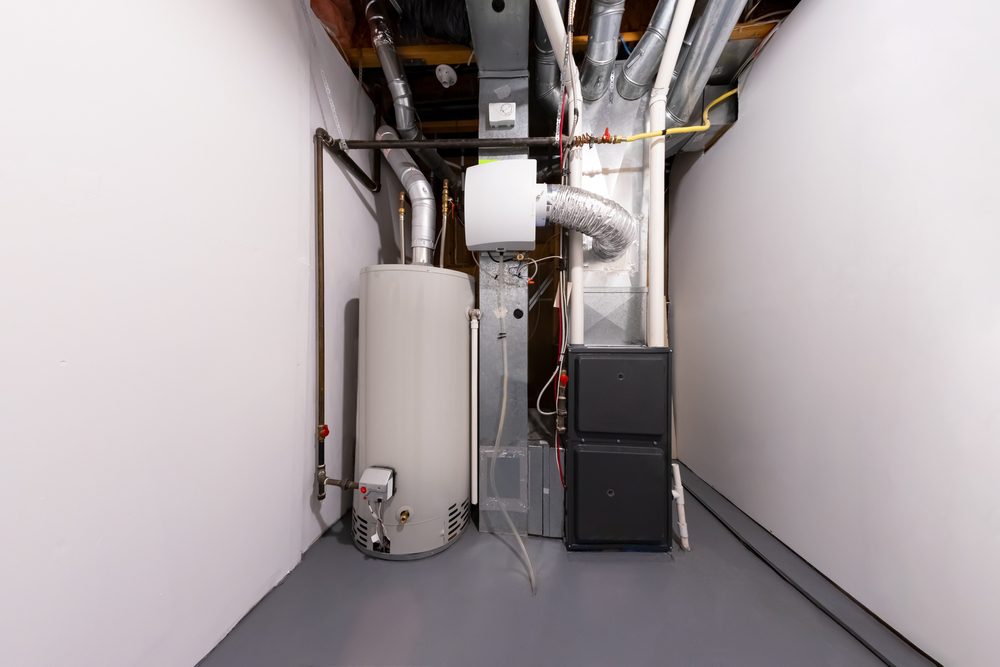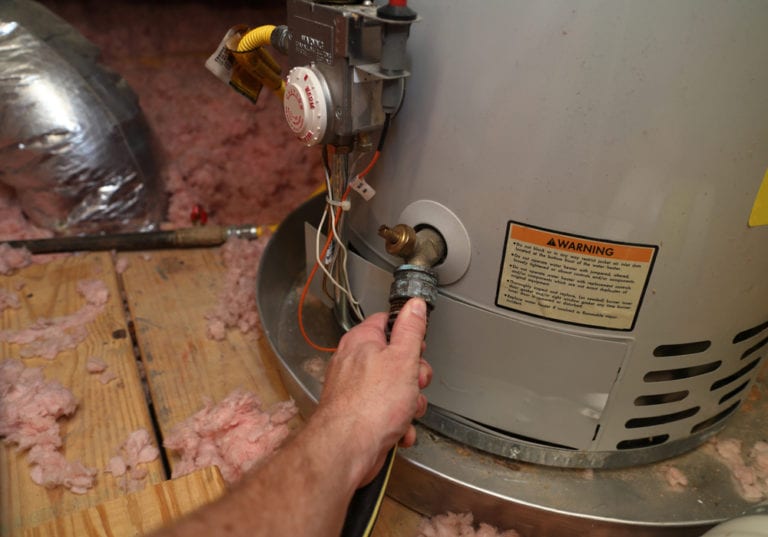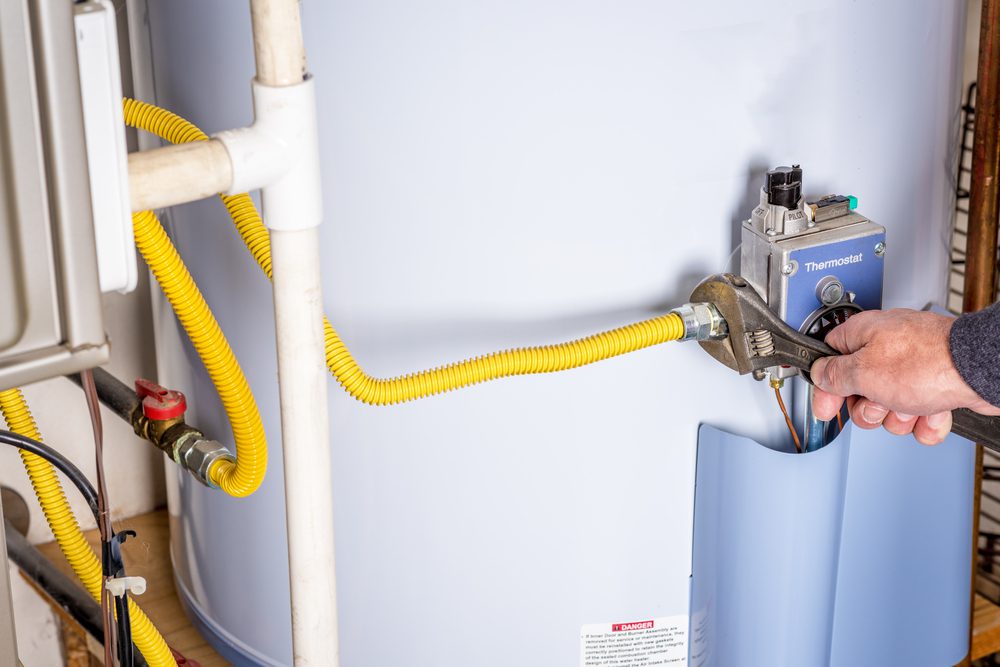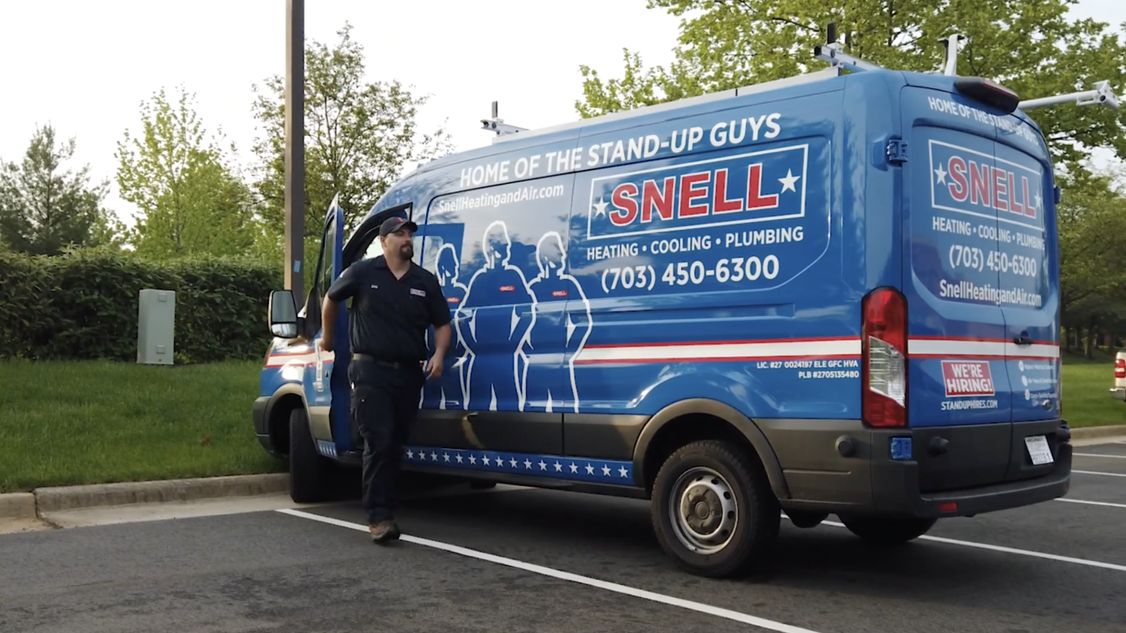
The standard lifespan of a hot water heater typically ranges between 8 to 15 years. As a result, it’s only natural that the time will come when you have to replace it. Once you begin to research new heaters, you will be required to choose whether or not you want to purchase a gas vs electric water heater.
Although most homeowners will gravitate towards the type of water heater they had previously, you may be missing out on a hot water system that best suits your home. To help you choose a type of hot water system, we have summarized the advantages and disadvantages of both electric water heaters and gas water heaters. Let’s take a look.
Accessibility
When it comes to functionality, an electric water heater is typically easier to operate than the standard gas water heater. If you are analyzing the accessibility benefits of electric water heaters vs gas systems, the resources required to power an electric water heater are more accessible to homeowners.
This is because a majority of homes in the United States have access to electrical power. On the other hand, a large number of suburbs and rural areas do not have access to natural gas. This makes an electric water heater much simpler to manage in a variety of local areas.
 Efficiency
Efficiency
If you are comparing the efficiency of an electric water heater vs a gas unit, electric heaters are more efficient.
Although gas hot water heaters are less expensive to run monthly due to the low cost of natural gas—a gas heater uses more energy to operate and releases waste into the environment.
The gas byproduct takes some of the heat with it, making it less efficient than electric water heaters. An electric heater, however, will use most of the energy it receives to warm water, making it more energy-efficient.
With that being said, there are some high energy-efficient gas heaters that use less energy overall. These systems will typically have an Energy Star label.
Cost
The total cost of gas vs electric water heaters is nearly identical. Gas water heaters average on a total of $1,300 – $2,600 in advance. This gives gas heaters a higher upfront cost.
However, since the total cost of natural gas is low, you will pay an overall lower monthly utility bill. For electric water heaters, the cost is the opposite: an electric heater will have a lower upfront cost, with the average being $950 – $1,500, and a generally higher monthly cost.
Tips and Insights: How to Choose a Water Heater Size
Maintenance Requirements
If you’re analyzing the maintenance requirements of gas vs electric water heaters, you will discover that gas heaters require more attention.
You will most likely have to get both systems flushed regularly in order to keep deposits from building up at the bottom of the tank. For gas heaters, the gas line and gas tanks will need to be checked periodically to prevent gas leaks or sediment buildup. In any case, we recommend having at least an annual checkup on both systems to ensure the longevity of your water heater.
Installation
The installation procedures for gas and electric water heaters is straightforward. On the other hand, it can be quite difficult to switch from an electric unit to a gas water heater.
This process is more difficult because the gas lines will need to run to a new location. This requires creating another vent, which leads to cutting or drilling into the side of your home. This, in turn, increases the cost and timeframe of installation.
 Environmental Drawbacks
Environmental Drawbacks
Naturally, electric heaters are healthier for the environment. Since these systems are energy-efficient and can be powered through renewable energy sources, they wreak less havoc on the environment.
Gas water heaters, however, use natural gas which is retrieved from the Earth in a wasteful and destructive process. This releases a substantial amount of greenhouse gases into the environment.
For this reason, gas heaters are less eco-friendly overall. Are you struggling to find the causes of low water pressure in your house? Our team of licensed plumbers in Arlington, VA will inspect your hot water heater and water pipes to determine the source of the issue.
How to Save Money On a Gas or Electric Water Heating Bill
Although you love the luxury of running your hot water whenever you want and for as long as you want, let’s admit it’s not very fun receiving a costly energy bill. Whether you choose a gas vs electric water heater, here are some additional things you can do around your home to save on your monthly energy bill.
Use Cold Water for Laundry
Using cold water during laundry cycles can save you an estimated $67 per year with a gas water heater and $161 per year with an electric heater. Considering that most modern detergents don’t require hot water to be effective, this is an easy way to save money on your monthly utility bill.
Tips and Insights: Why Is My Furnace Making Loud Noises?
Set the Water Heater Thermostat to 120 Degrees Fahrenheit
You can save approximately anywhere between 3 to 5 percent on your monthly water heating costs with every 10ºF reduction in your water temperature. Families with infants and toddlers should also adjust their thermostat to 120 degrees to avoid injuries from scorching hot water.
Avoid Taking Baths
On average, one bathtub full of water is equivalent to two people taking a bath simultaneously. This requires a larger amount of gas or electricity to power than a shower.
Invest In Low-Flow Shower Fixtures
Another way to decrease your monthly utility bill is to invest in low-flow shower fixtures. A low flow shower fixture decreases the amount of hot water you use and can save you anywhere between 25-60 percent water.
Deactivate Water While You’re Not Using It
Those moments you leave the water on while washing your hair or brushing your teeth add up over time. Try turning off your water during these brief moments. This includes turning off the shower while shampooing or switching off the faucet while brushing your teeth.

Water Heater Services Near You in Virginia
If you’re still unsure if an electric vs gas water heater is best for your household, give our team of licensed technicians a call by phone at (703) 543-9649. Our team of skilled plumbers in Centreville, VA offer comprehensive 24/7 water heater repair services for homeowners.
Your water heater is one of the most important systems in your home. If your water heater fails, our team will travel to your home and help you restore the distribution of warm water to your fixtures and appliances.
We also provide other types of HVAC and plumbing services such as sump pump repair, furnace installation, gas line replacement, and air conditioning repair. Book an appointment with our technicians to receive assistance with a damaged water heater or other plumbing issues in your house.
Tips and Insights: Reasons Your Furnace Is Not Producing Warm Air

